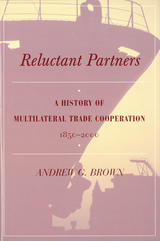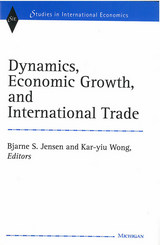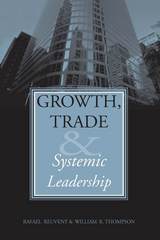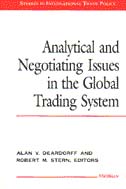Paper: 978-0-674-37226-9
Library of Congress Classification HF1410.5.P87 1987
Dewey Decimal Classification 337
For nearly a decade the leaders of the seven major industrial countries—the United States, Japan, Germany, France, Britain, Italy, and Canada—have met annually to discuss international economic and political issues. Regular summitry of this sort is virtually unprecedented in modern diplomacy. Proponents see the Western summits as providing collective leadership that is vital in a turbulent world, while critics dismiss summitry as distracting and even damaging to political and economic stability.
Hanging Together charts the modern dilemma between economic interdependence and national sovereignty. It assesses the history, decisions, successes, and failures of the seven-power summits from Rambouillet in 1975 to the 1983 meeting at Williamsburg, and looks forward to the 1984 summit in London. The authors show how the growing importance of international commerce and finance has caused national and international politics to become entangled, and how national borders have become more permeable. Born in an era of waning American hegemony, the summits reveal the tension between American leadership and collective Western management of the world economy. The authors also trace the struggles of heads of state to balance the conflicting imperatives of personal authority and bureaucratic expertise. Because summits involve the power and prestige of each country's highest authorities, summitry reveals in concentrated form how these conflicts are expressed and managed.
As a blend of contemporary history and political economy, Hanging Together demonstrates that summits are not isolated annual encounters, but part of a continuous process of international and domestic negotiation about the most important and controversial issues facing all governments today.
See other books on: Bayne, Nicholas | Conflict | Cooperation | International economic relations | Revised Enlarged Edition
See other titles from Harvard University Press

























